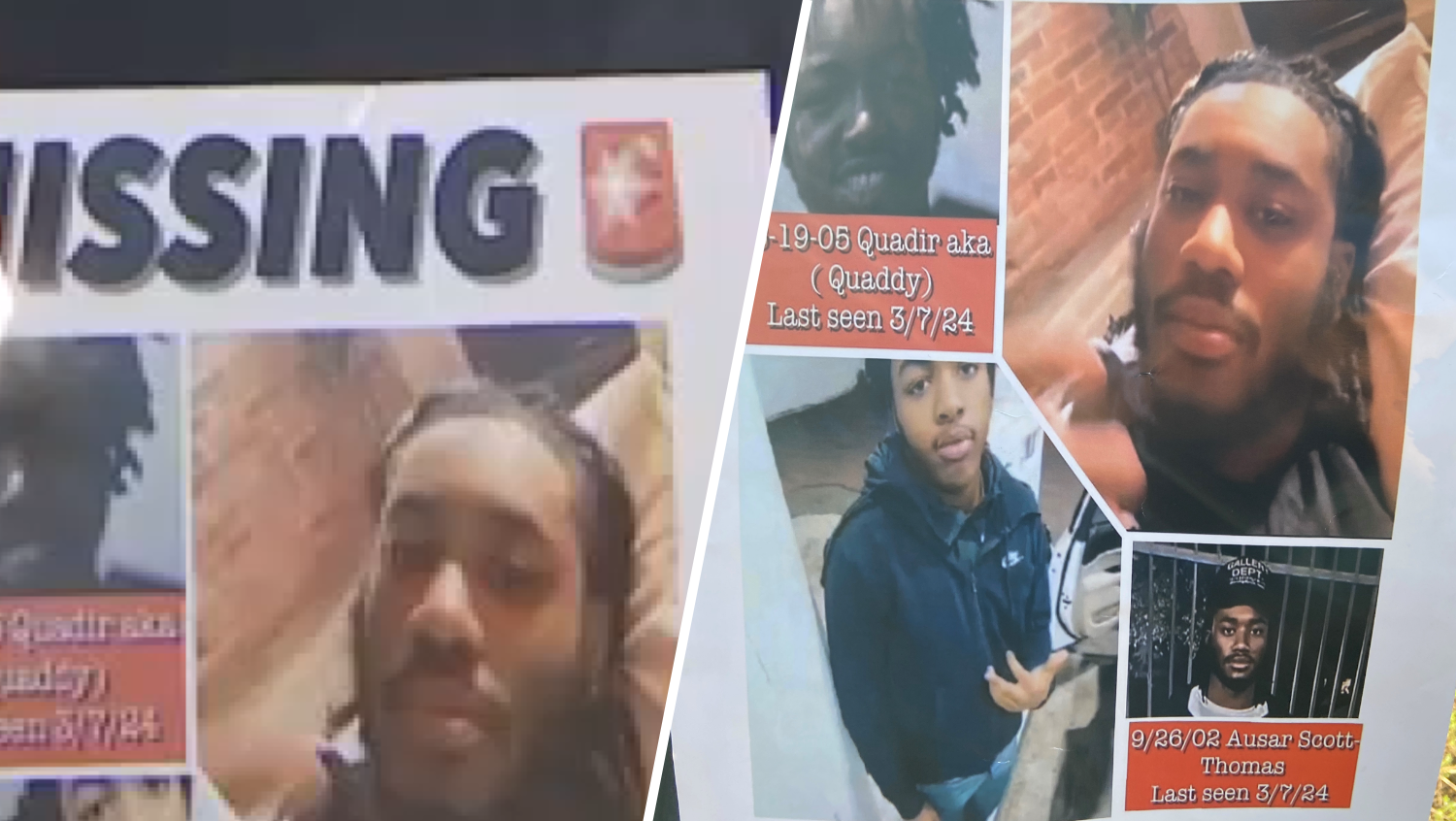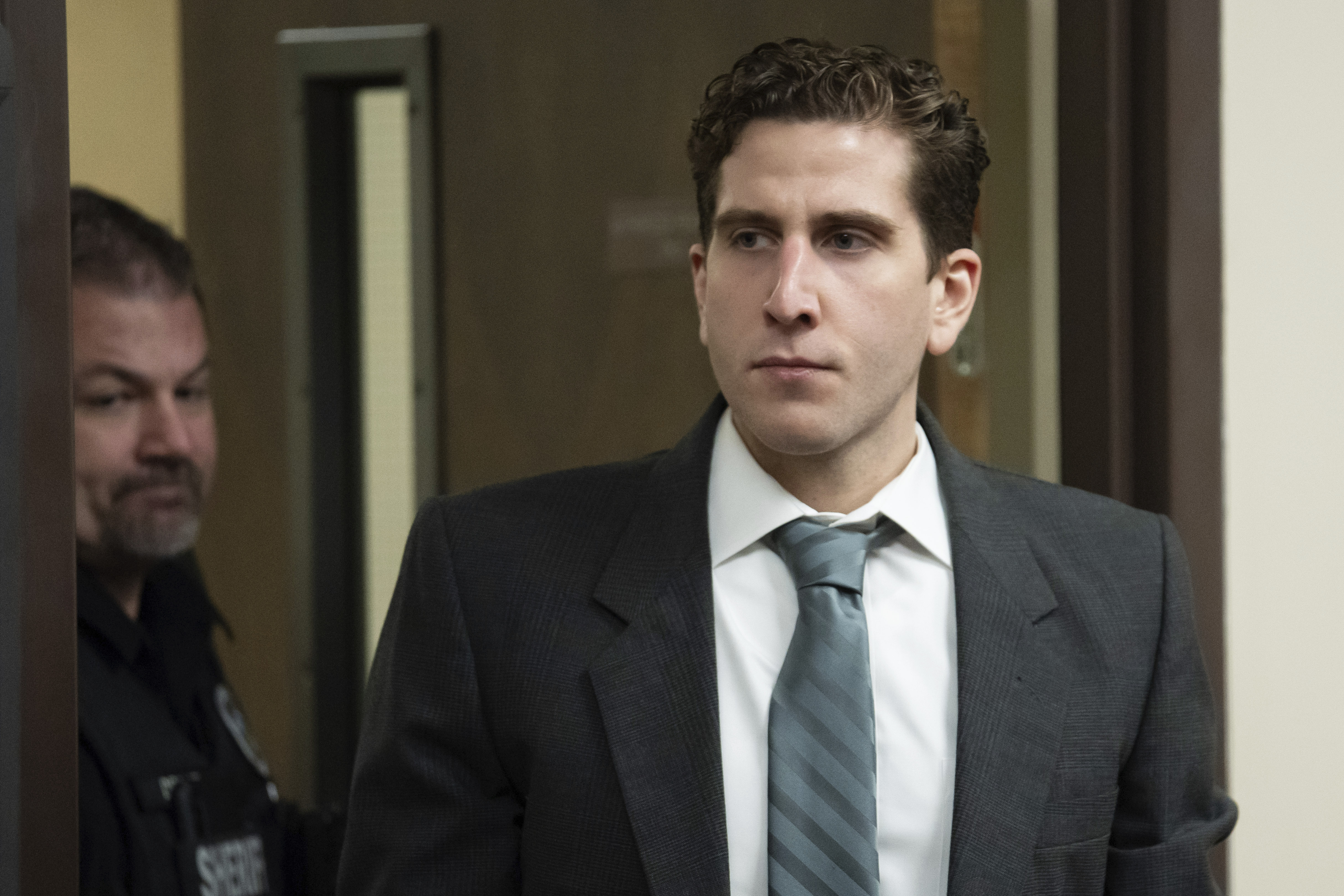Her experience has been described as "unspeakable."
On Jan. 14, a five-year-old girl was abducted from her elementary school in Cobbs Creek by a woman claiming to be her mother. She was taken to a home where police say she was sexually assaulted, before being left at a playground, wearing only a t-shirt. She was eventually found by a Good Samaritan who contacted the police. While the girl is now back with her family, the psychological scars she suffered during her ordeal, experts say, will likely never go away.
“A police officer said that this child went through an unspeakable experience,” said Edd Conboy, a Staff Therapist with the Council for Relationships, who has worked with young, traumatized patients. “I think that’s technically a really accurate and apt way of saying it because it’s often unspeakable for the child as well.”
On Feb. 14, Christina Regusters, 19, was arrested and charged with 14 counts, including the girl's kidnapping and rape. Police suspect more people may have been involved however and the investigation is ongoing.
When the case is ready to go to trial, an important question will arise. Is the young victim, who recently turned six-years-old, capable of testifying? Conboy, says it would be extremely difficult.
He explained that young victims of traumatic experiences don’t often have the language to express what they’ve gone through, especially if they don’t have the context to be able to describe what happened.
“It would be very difficult to even access the memory of those experiences because it’s very difficult for us to remember things when we don’t have the language for it,” Conboy said. “Sometimes there will just be images.”
Local
Breaking news and the stories that matter to your neighborhood.
That’s where the work of therapists comes in handy, he added. Therapists often encourage their patients to draw pictures of their experiences rather than describe them verbally.
“Really skilled therapists are able to follow the direction that the child is giving them even if the child doesn’t know it as they begin to develop an understanding,” Conboy said. “They’ll be using lots of different techniques that the child won’t even think of as therapy. They’ll just think of it as play and some creative time.”
Therapists pay special attention to how the child expresses their deeper feelings, emotions and experiences in order to develop a complete picture of what they went through. Conboy also says experts look for specific signs to determine when a child is ready to actually talk about their experiences.
“It’s really paying close attention to the child’s behavior,” Conboy said. “Often children at that age communicate through their actions. If they’re able to put things together in a much more coherent way, then that’s a good sign that they’re ready. You also might see, early on after a trauma, aggressive behavior. A child might begin to exhibit some experiences that they exhibited when they were younger, maybe some bed-wetting or temper tantrums. It doesn’t always occur but if it does, that would eventually dissipate and the child would start to exhibit more age appropriate behavior.”
While getting the child to even speak about their experiences is difficult in itself, getting the child to do that in a courtroom is even more of a challenge.
“In general, it’s rarely, if ever, in the best interest of a child that young, if they have experienced any kind of trauma, to be in a position in an environment that’s relatively alien to them,” said Conboy.
“It’s very difficult to be able to develop that kind of safety for a child to express what occurred without being traumatized again. If it did happen it would have to be under controlled circumstances.”
Controlled circumstances, at least in Pennsylvania, do exist, thanks in large part to Lynn Abraham. Serving as the city’s District Attorney from 1991 to 2010, Abraham played a pivotal role in protecting young victims of traumatic experiences who are called to testify.
“When I was District Attorney, I got the Pennsylvania constitution changed to allow children to be able to testify separately,” said Abraham.
It’s called the “tender age exception,” which “allows for the admission of a child’s out of court statement due to the fragile nature of young victims of sexual abuse.” If it was determined that the victim was too traumatized to testify in a court room while in the presence of the people who allegedly committed the crimes against her, the exception would allow her to testify in another room with only the judge and lawyers for both sides present.
Before the judge even considers this however, Abraham says they would first have to decide whether the child is psychologically, emotionally and mentally capable of testifying in the first place. Other pivotal factors for the Judge to determine would be whether the victim understands what an oath is as well as the difference between telling the truth and telling a lie.
If the victim is found to be incapable of testifying based on the aforementioned criteria, Abraham says other people who she may have talked about her traumatic experience with, could be called in for testimony instead. These people include parents, siblings and therapists.
Another important question, and a “wonderfully difficult” one according to Conboy, is whether or not it’s even ethical to make the young girl relive what happened to her in order to bring those who committed the crime to justice.
“It’s no accident that I’m not a prosecutor or police officer,” said Conboy. “Because for me, it’s an easy answer but it certainly is not an easy answer for them. I will always side on what’s in the best interest of the child. But that’s not always the right answer. The prosecutors and these law enforcement officials and people in the judicial system are really dealing with a much bigger picture. But from my side of that ledger, I would land on what’s in the best interest for the child.”



